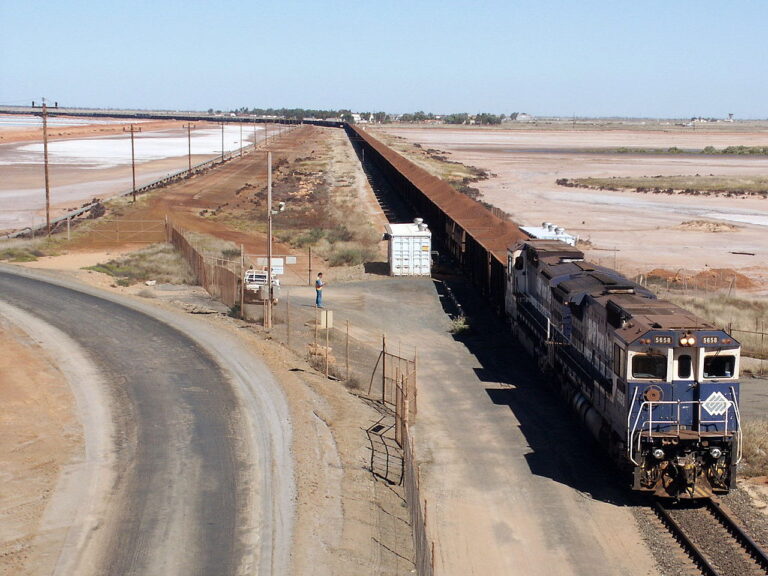BHP Group plc (LON:BHP) has provided an update on its progress on climate action, new climate commitments, and how it integrates climate change into corporate strategy and portfolio decisions.
BHP’s climate change approach focuses on reducing operational greenhouse gas emissions, investing in low emissions technologies, promoting product stewardship, managing climate-related risk and opportunity, and partnering with others to enhance the global policy and market response.
BHP supports the aim of the Paris Agreement to limit global warming to well below 2°C above pre-industrial levels, and pursue efforts to limit warming to 1.5°C.
BHP has been active in addressing climate risks for more than two decades, and has already established its long-term goal of achieving net zero operational (Scope 1 and 2) emissions by 2050 and its short-term target of maintaining operational emissions at or below adjusted FY2017 levels by FY2022, using carbon offsets as required.
In the past year, BHP has made good progress. The Escondida and Spence copper mines in Chile will move to 100 per cent renewable energy by the mid-2020s, and last week BHP awarded a new renewable energy contract for its Queensland Coal assets, and the world’s first LNG-fuelled Newcastlemax bulk carrier tender.
BHP’s climate change briefing and 2020 climate change report, also published today, outline how the company will accelerate its own actions and help others to do the same. Today’s update sets out:
– A medium-term target to reduce operational greenhouse gas emissions by at least 30 per cent from adjusted FY2020 levels by FY2030, using carbon offsets as required.
– Scope 3 actions to contribute to decarbonisation in our value chain.
– Strengthened linking of executive remuneration to delivery of BHP’s climate plan.
– Insight into the performance of BHP’s portfolio in a transition to a 1.5°C scenario.
BHP Group Chief Executive Officer, Mike Henry, said: “I’m pleased today to show how we are accelerating our own actions and helping others to do the same in addressing climate change. We see ourselves as accountable to take action. We recognise that our investors, our people and the communities and nations who host our operations or buy our products have increasing expectations of us – and are responsive to these.
“Our approach to climate change is defined by a number of key requirements. Our actions must be of substance. They must be real, tangible actions to drive emissions down. We must focus on what we can control inside our business, and work with others to help them reduce emissions from the things that they control. To create long-term value and returns over generations, we must continue to generate value and returns within the strong portfolio we have today, while shaping our portfolio over time to benefit from the megatrends playing out in the world including decarbonisation and electrification.
“Our portfolio is well positioned to support the transition to a lower carbon world aligned with the Paris Agreement. It includes commodities that are essential for global economic growth and the world’s ability to transition to, and thrive in, a low carbon future. Climate change action makes good economic sense for BHP and enables us to create further value.”









































